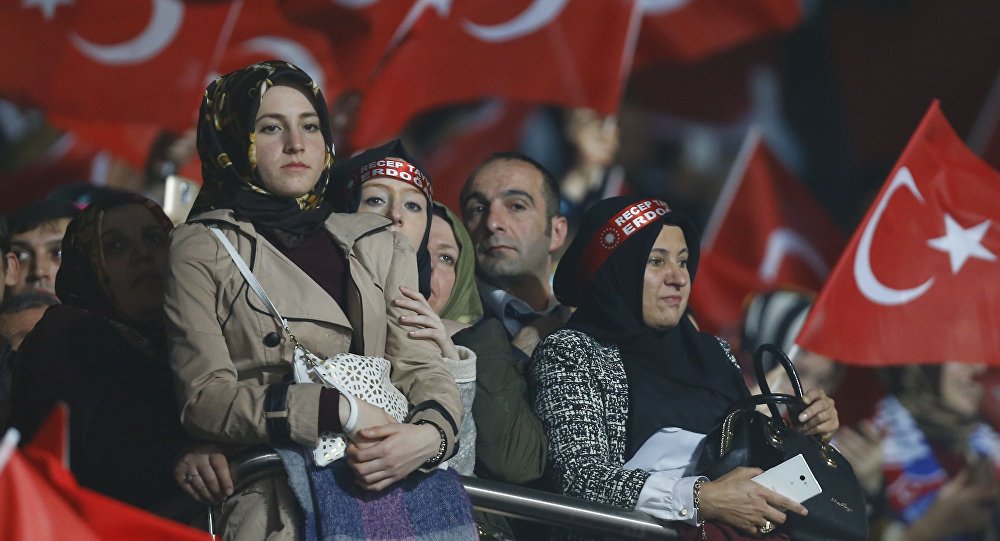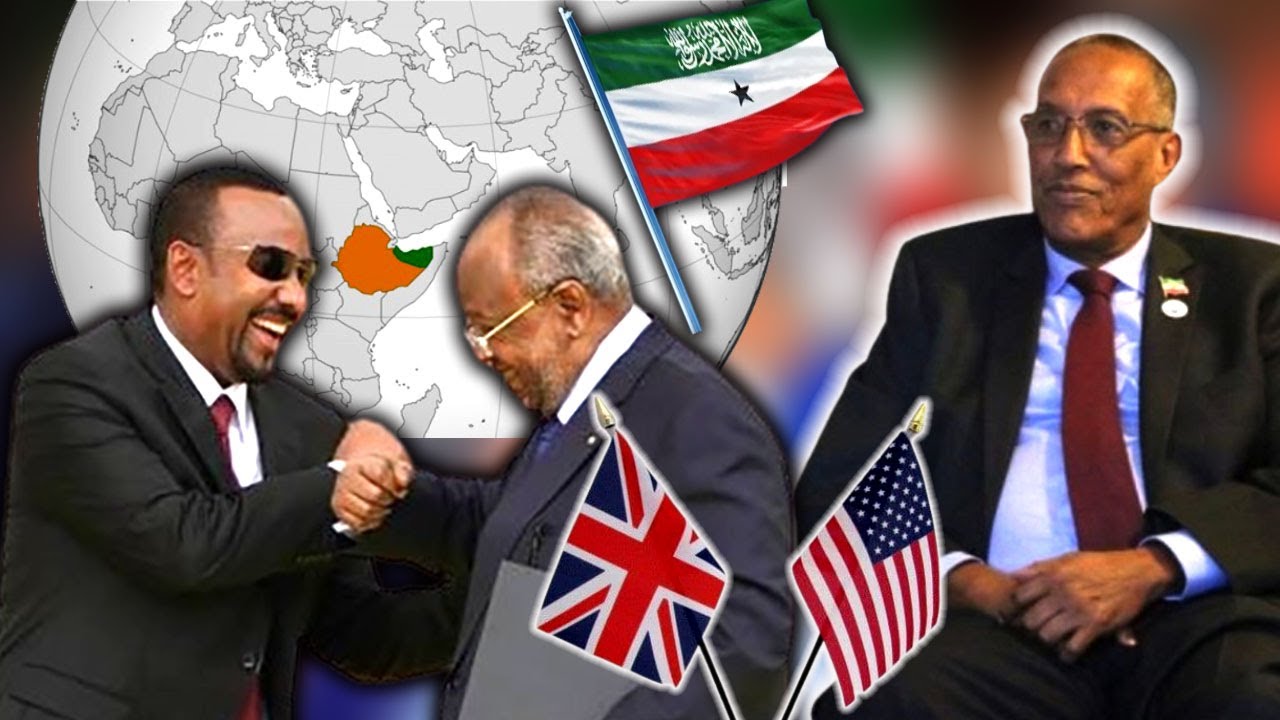The Turkish parliament has passed a law allowing muftis – religious civil servants – to perform civil marriages in the same capacity as other officials authorised to conduct such ceremonies.
The ruling Justice and Development Party (AK Party) says the new legislation, which was adopted on Wednesday, will cut the number of unregistered marriages.
But critics, including opposition parties and women’s rights groups, see the move as a step towards the weakening of Turkey’s secularism and say it will increase the number of child marriages.
“You want it or not … This will be passed by the parliament,” Turkish President Recep Tayyip Erdogan said last week in response to protests organised by rights groups against the controversial bill.
“[We support] registered marriages, not unregistered marriages. This will reduce unregistered marriages,” he added.
Religious ceremonies
According to the Turkish Civil Code, municipal officials, village chiefs and foreign missions are authorised to perform civil marriages – now, muftis have been added to that list.
The code says people who want to get married should be at least 18 years old. The age limit can be reduced to 17 when there is parental consent or a court verdict in special cases. The new law does not make any changes to the legal age of marriage.
In addition to having a civil wedding, some Muslims in Turkey also carry out a religious ceremony.
Such events, performed by imams, are not illegal and can be carried out at will. However, they lack legally binding status.
In rural parts of Turkey, it is not uncommon for some people to organise a religious ceremony without carrying out the civil one. This, however, often leaves the couples, and particularly women, in a position of increased vulnerability as they lack access to the legal rights conferred by civil marriage.
Speaking before the parliament’s vote, government spokesman Bekir Bozdag said the law would deal with those cases where people, including minors, would conceal carrying out just a religious ceremony.
“People hide these marriages. We are trying to prevent that,” he said on Tuesday.
Bozdag said the new law was not aimed at replacing civil marriages with religious ones, but it only added a new category of official who has the authority to perform civil ceremonies.
Child marriages
Yet, opposition remains, and the Republican People’s Party, which voted against the law, has already announced that it plans to demand its annulment in the Constitutional Court.
Lawyer Aydeniz Alisbah Tuskan, a representative of the Istanbul Bar Association’s Women’s Rights Centre, said that the law would increase the number of child marriages in a country where there are many such cases through ceremonies carried out by imams.
“It will be hard to monitor the civil marriages carried out by muftis,” she said.
According to United Nations data, 15 percent of marriages carried out in Turkey between 2008 and 2014 were made before one or both of the spouses had turned 18.
Tuskan also said that the new law violates the 174th article of the Constitution, which says a marriage should take place before secular official authorities.
She told Al Jazeera: “Marriage registrars within municipalities or the headmen in the villages are assigned to perform civil marriages. These people work under the Ministry of Interior. Muftis, who work under Directorate of Religious Affairs, are constitutionally not allowed to carry out marriages. They merely deal with religious issues and inquiries.”
Ergin Cinmen, a human rights lawyer, told Al Jazeera that the government’s move “targets secularism” in Turkey.
“According to the new law, marriages are civil marriages – be they by muftis or other officials, so the validity of marriages is the same. Nevertheless, it is going to be the beginning of certain changes in Turkey towards weakening secularism,” argued Cinmen.
SOURCE: AL JAZEERA NEWS















